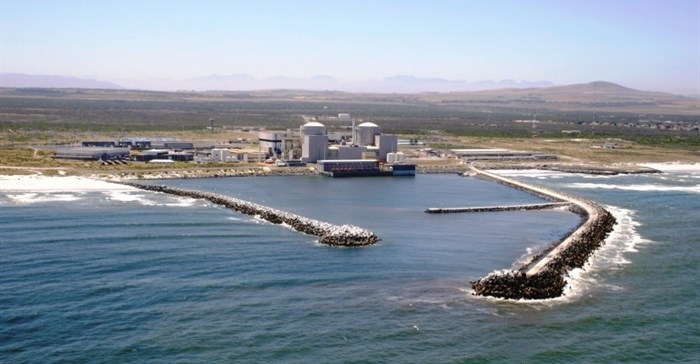
Areva won the bid over its only competitor, Toshiba subsidiary Westinghouse, to replace six steam generators at the Koeberg nuclear power station.
Koeberg contributes 5% (1,960MW) to Eskom's overall electricity supply, but is SA's only nuclear power station and is considered crucial to the government's long-term energy plans.
In March, Westinghouse lost its court challenge to the awarding of the tender in the High Court and has now appealed to the Supreme Court of Appeal.
Westinghouse's bid was cheaper - by how much is disputed - but Eskom awarded the tender to Areva because of what it said were "strategic considerations".
These included that Areva was the original manufacturer of the equipment at Koeberg and had more experience than Westinghouse. In particular, Areva had detailed a schedule for completing the job, saying it could give a three-month margin for error (called a "float") in its build.
In its appeal papers, Westinghouse argued that the strategic considerations were introduced at the last minute and were a deviation from the original tender criteria - making the process unfair and unlawful.
It also said that the float was not one of the strategic considerations, as reflected in a letter from Eskom's bid committee to Public Enterprises Minister Lynne Brown last year.
But in written argument to the Supreme Court of Appeal, filed on Monday, Areva has insisted that they were always part of original tender documents.
Areva's counsel, Peter Hodes SC, also argued that the letter to Brown "explicitly" stated that the management of the project schedule was a "key consideration".
"The schedule float was a consistent concern of Eskom's throughout the procurement process," said Hodes. All the strategic considerations appeared "not once, but repeatedly throughout the invitation" to tender.
Hodes said that the initial tender process was followed by "a lengthy and comprehensive negotiation process".
While this argument was rejected by the High Court, Areva is also sticking to its guns that the wrong company brought the case to court and that Westinghouse had no legal standing to bring the case.
Hodes said that the "true tendering party" for the build was US company Westinghouse Electric Company and not Westinghouse Electric Belgium.
Hodes said if the appeal court agreed, it would "obviate the need" to look at the other issues in the appeal.
Source: Business Day